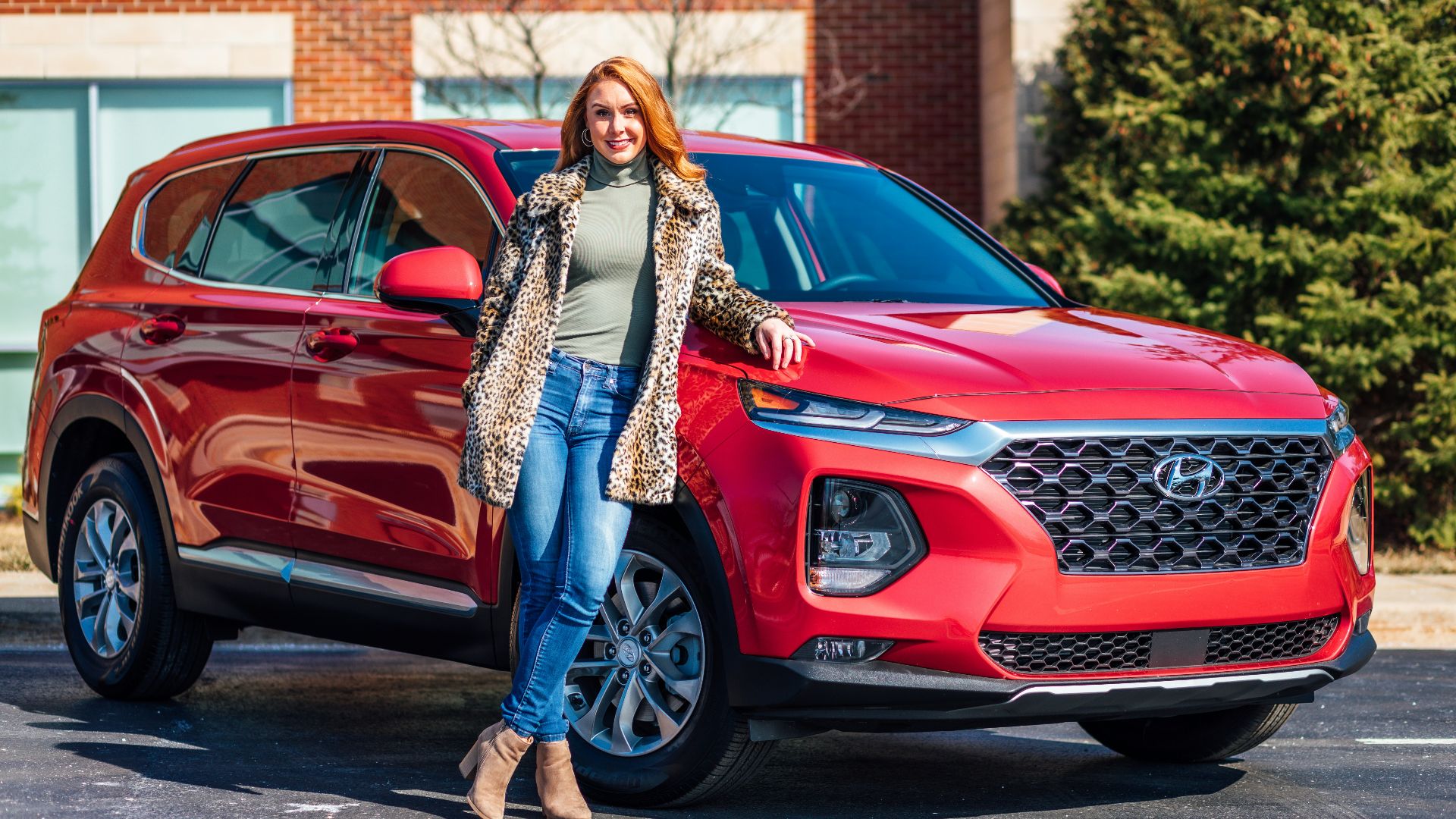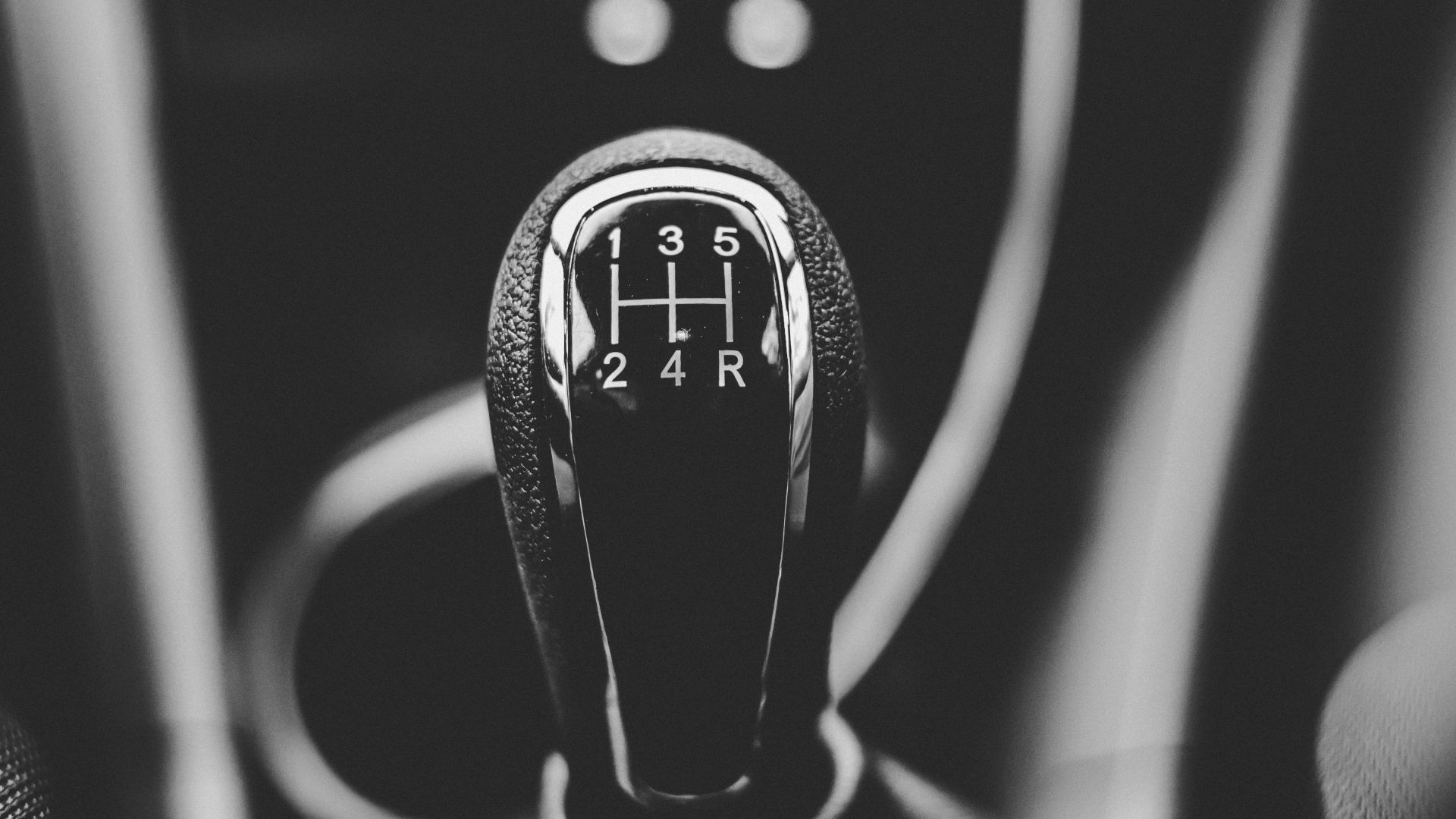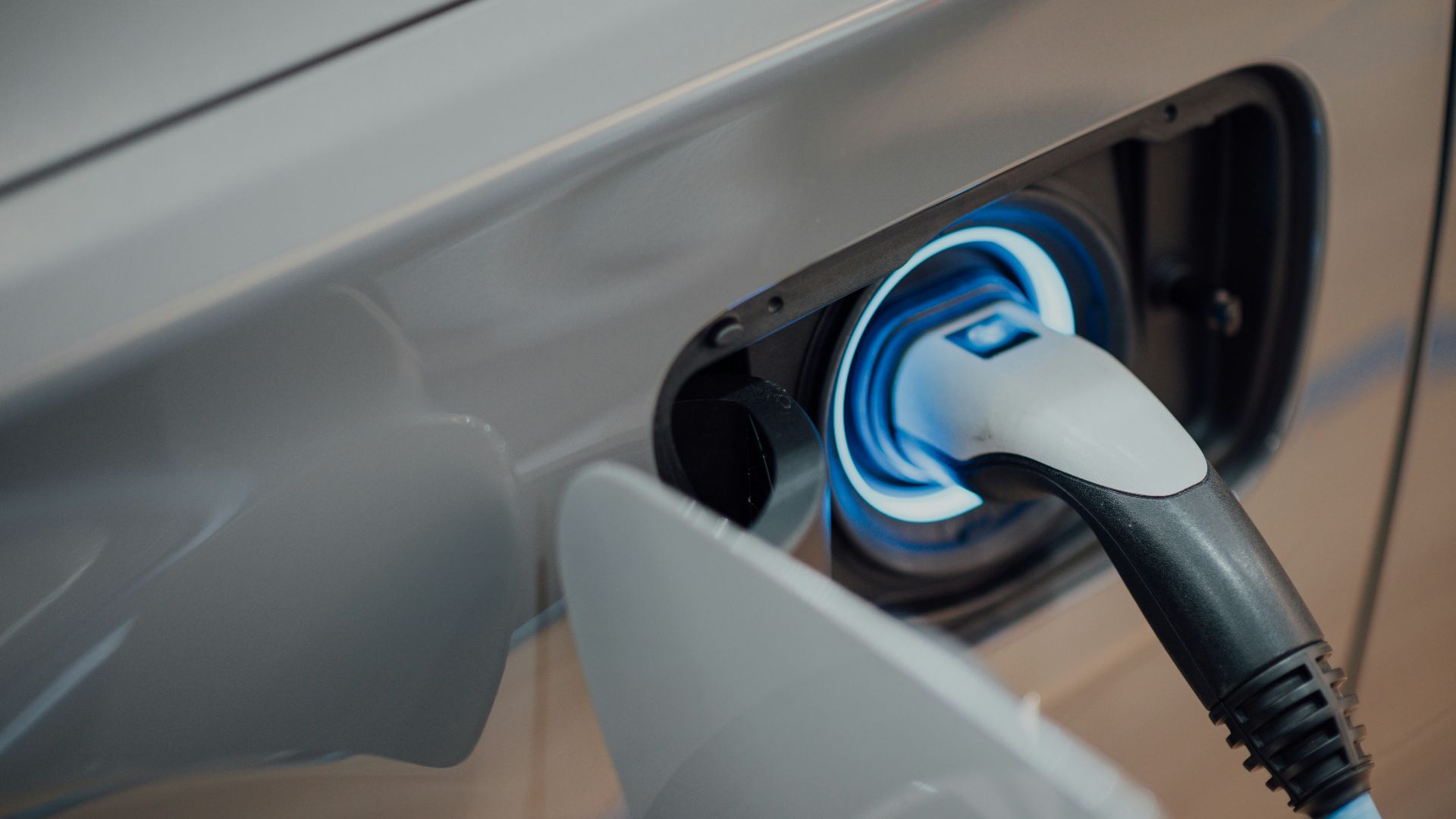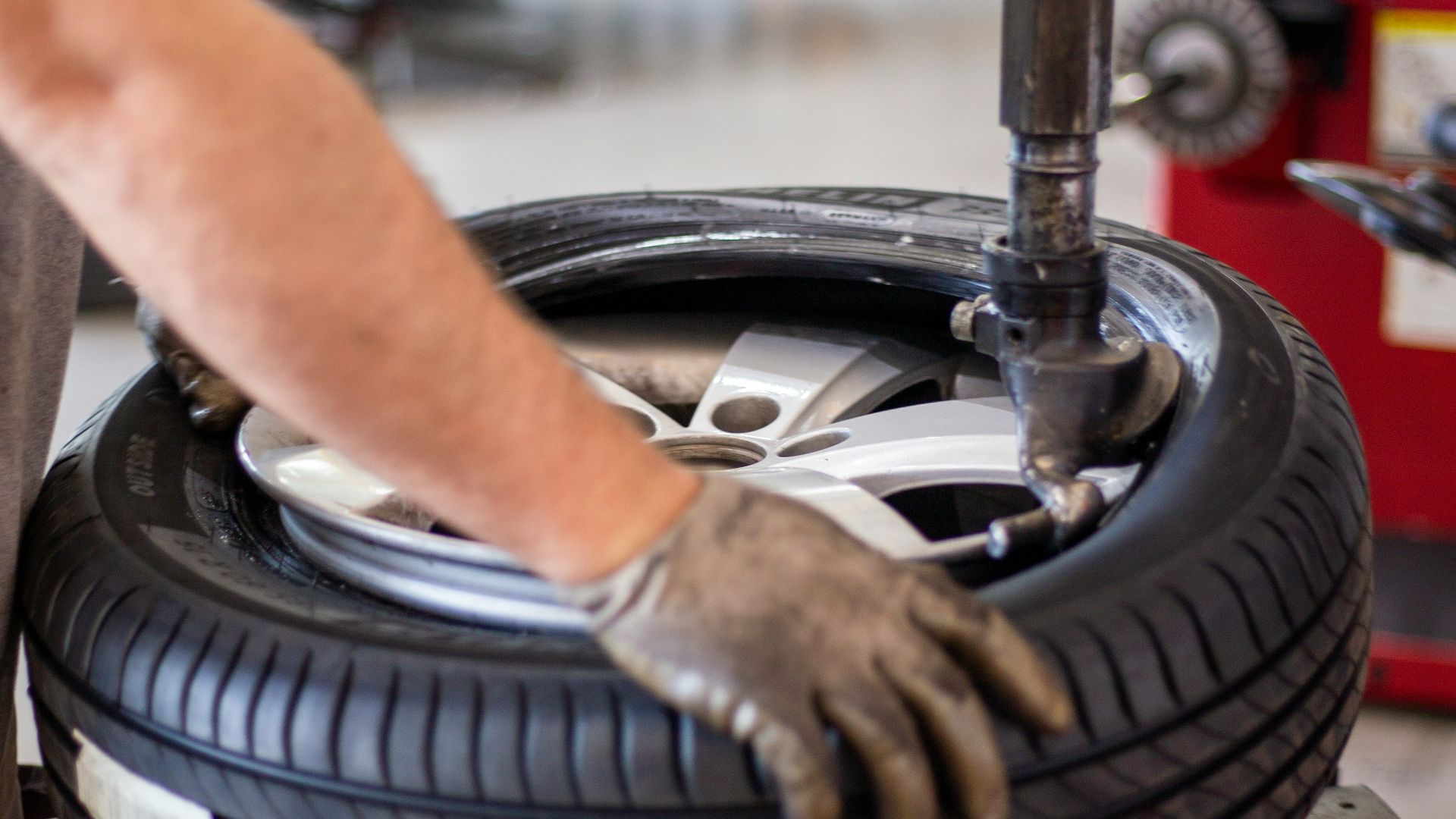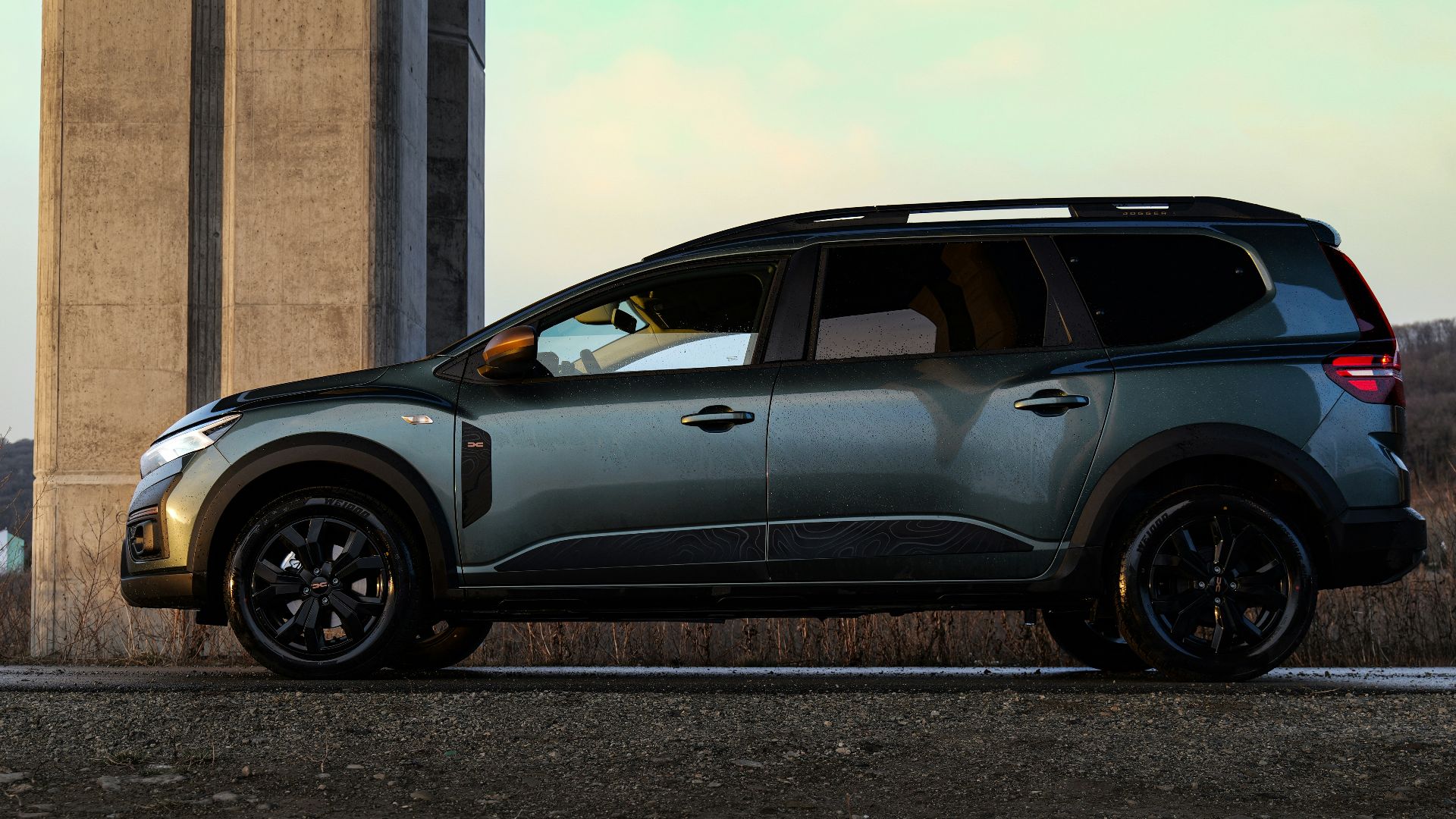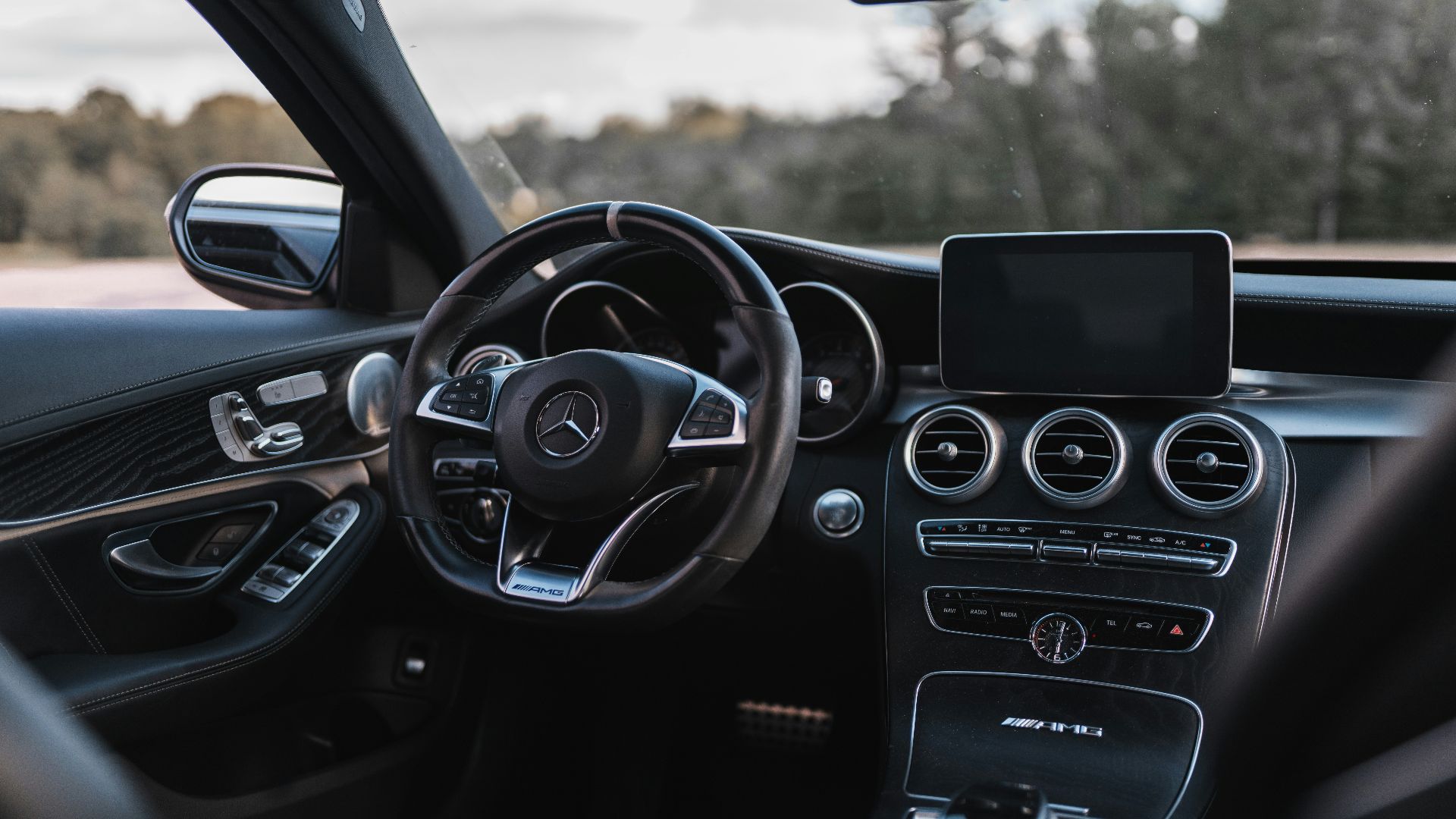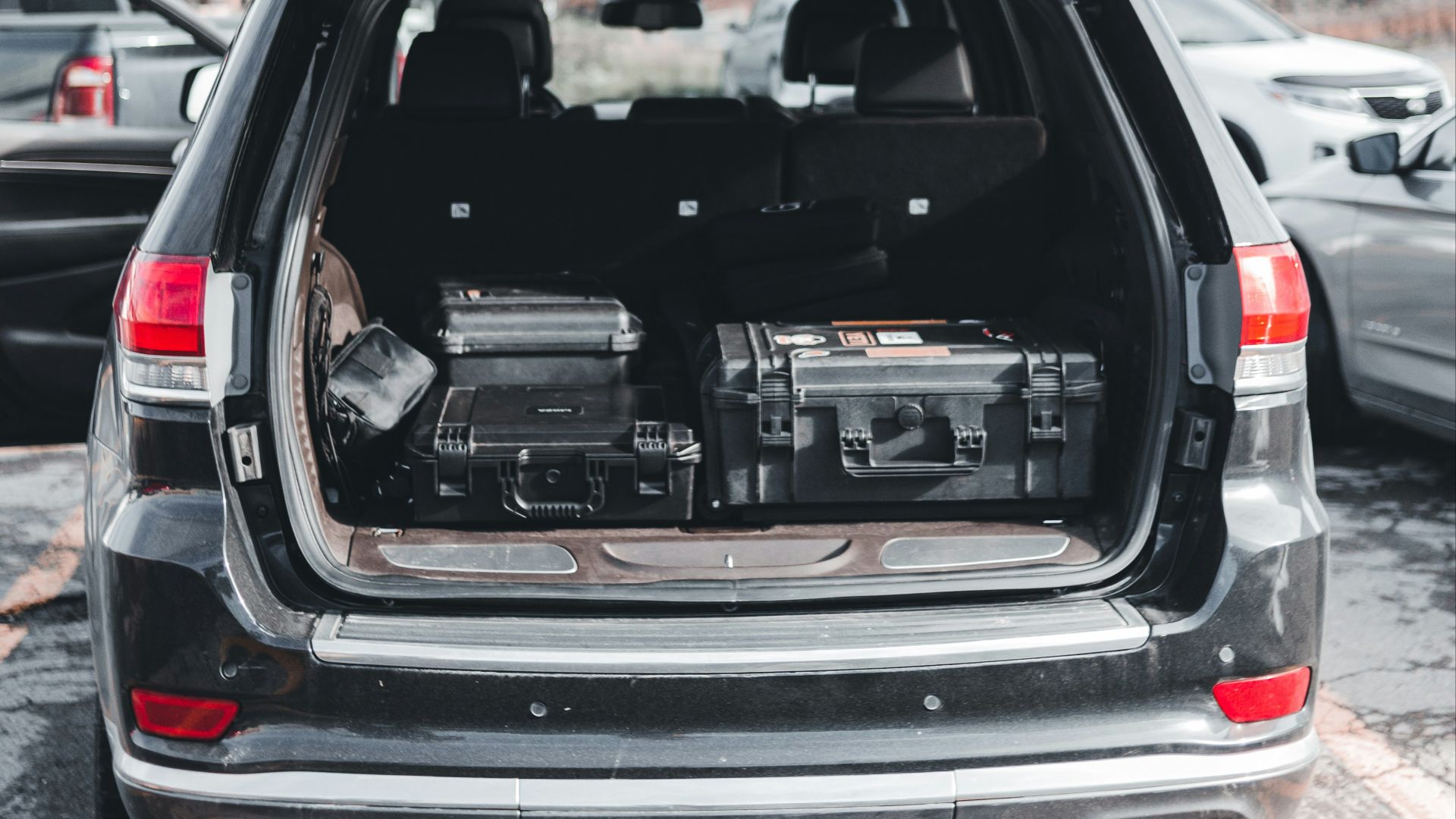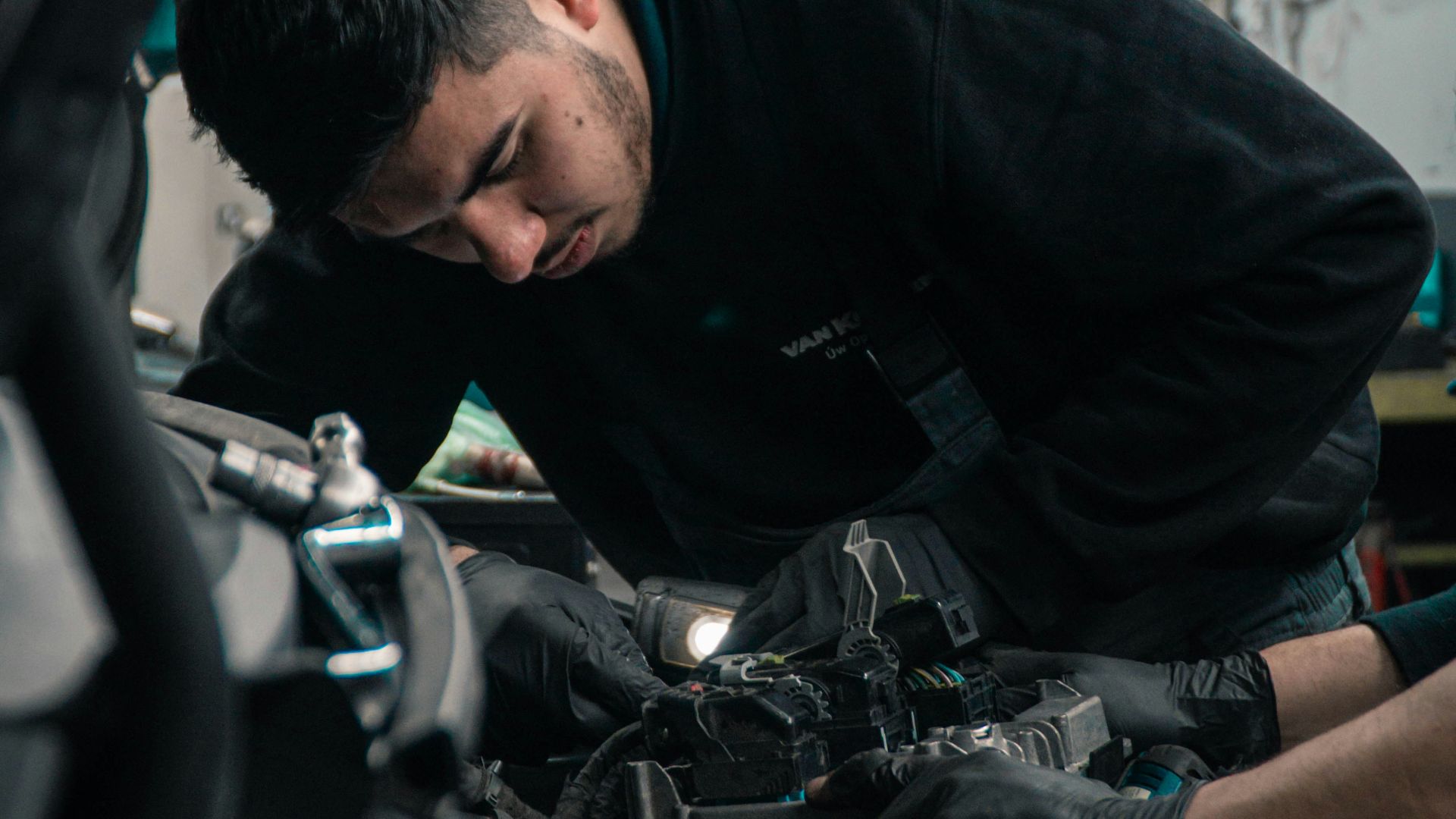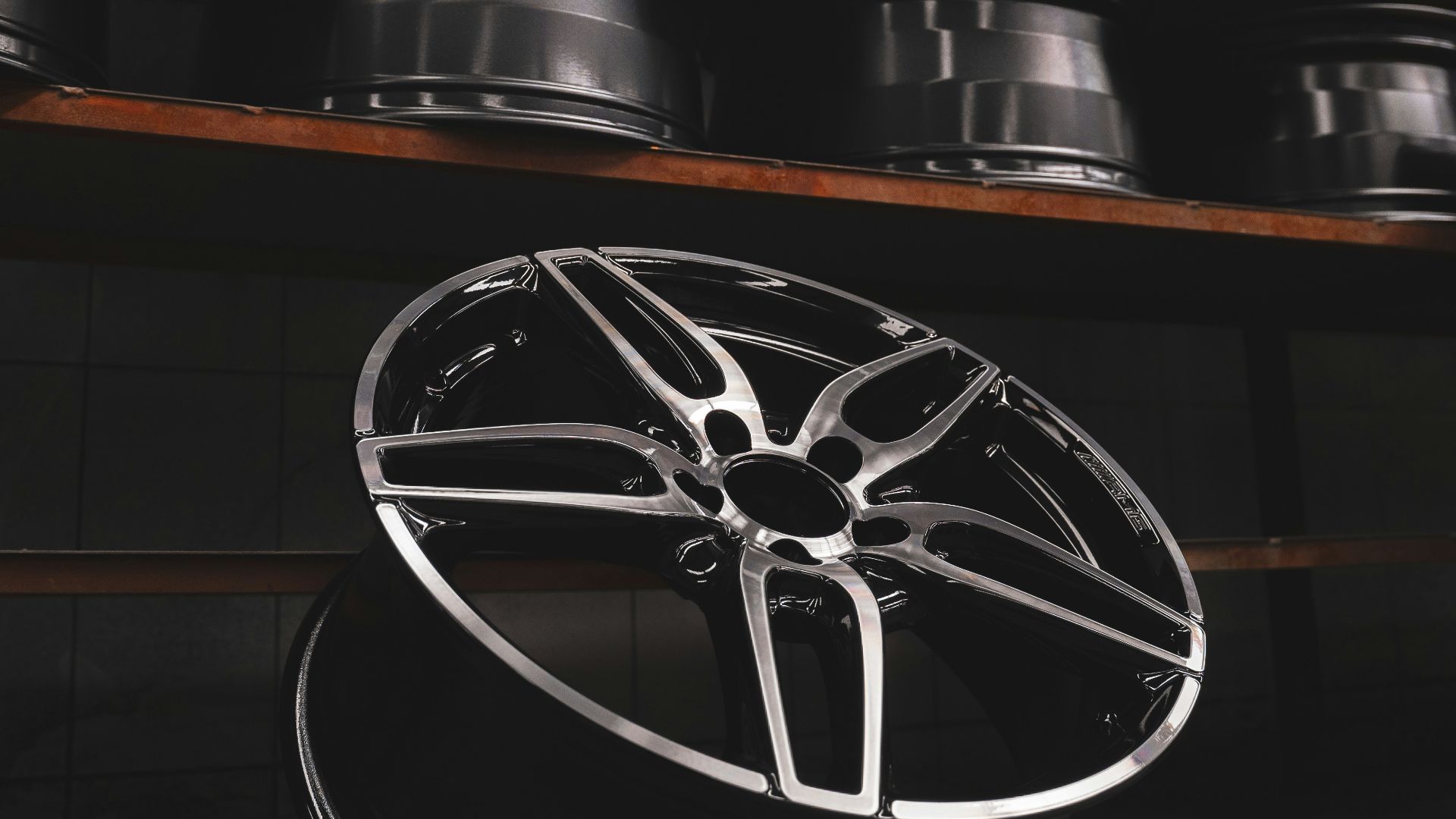Don't Jump The Gun
Cars are a serious investment that you shouldn't take lightly; you need to carefully think through all the options and be set on your decision before going through with it. If you've been eyeing your dream car but feel a bit hesitant, here's a checklist of 20 things to consider when buying. This might just convince you to do it, or make you question if you're ready yet.
1. Budget
Dream cars aren't always the most realistic, and it's important to take your finances into account before making such a big purchase. On top of your car payments, keep in mind you have the cost of insurance, maintenance, and fuel to worry about, too. So, before you even walk into that dealership, make sure you have enough money put aside and that you're willing to spend X amount of money.
2. New or Used
Does buying new or used matter to you? While new cars might have better warranties and that irresistible fresh shine, used cars tend to be far more reasonably priced. Depending on your budget and values, this is a big question to decide on beforehand.
3. Stick shift or Automatic Transmission
Depending on your interests, another question to ask yourself is if you want a car that uses automatic transmission or manual stick shift.
Both have their pros and cons, but because they're so different and dramatically change your driving experience, make sure you know what you want before heading in.
4. Fuel Efficiency
Let's be honest - gas isn't cheap! If you plan on driving your car around a lot, a big consideration you should look into is gas mileage. Are you getting the best bang for your buck? It might even be worth to take it one step further and explore electric or hybrid options.
5. Maintenance Costs
Some cars simply cost a lot more to maintain than others. Whether it has to do with specialized parts or luxury maintenance, these expenses can slowly build up. Just make sure you know what you're getting into before buying your actual dream car.
6. Insurance Costs
Yes, buying a car comes with a lot of hidden costs you don't immediately think about, like insurance. Before purchasing, it might be a good idea to reach out to insurance companies for quotes as to how much your vehicle premiums might be. The higher your car's safety rating, the lower in the insurance payments.
7. Financing Options
How do you want to pay for your car? Are you looking to loan, lease, or make a cash payment? Look into all the options and find which one is best suited for you.
Make sure you carefully read the terms and conditions too, especially if you're dealing with loans or leases.
8. Safety Features
In today's day and age, cars come well-equipped with plenty of new and advanced safety features. Some cars have better safety performance than others though, so if this is important to you, do your research. Learn about what kind of features it comes with, like anti-lock braking systems, rear-view cameras, etc., and make your purchase if you feel satisfied.
9. Size and Seating Capacity
If you have a family, your car needs are going to be very different from someone who's single. You need to consider how big of a vehicle you want, if it'll fit your space requirements, and if there's enough seating. But as your car gets larger, keep in mind it might become harder to maneuver and park as a result. This might open up a new set of criteria for you to look into.
10. Resale Value
Though you might be buying your dream car, it's important to consider it might not be the last one you ever own. If you ever find yourself in a situation where you have to sell, that's when resale value comes into play. Most cars depreciate the second you drive off the lot, but some are able to retain its value pretty well.
Those are the ones you want to think about more deeply.
 commons.wikimedia.org on Google
commons.wikimedia.org on Google
11. Car's History
If you're leaning towards getting a used car, make sure you take the extra step to carefully validate the car's history and past ownership. Save yourself any future struggles by getting an official car history report so you can review any accidents or past damage you haven't been told about.
12. Interior Comfort
People often focus so much on a car's exterior that they forget they'll mostly be sitting inside. The comfort of your car's interior should matter the most; if you're stuck driving a vehicle you don't enjoy sitting in, you simply won't like it! Everything from the seat material to leg space and number of cup holders should be reviewed.
13. Technology Features
These days, cars come with incredibly impressive technology that help you get around easier and more smoothly. Take a look at the infotainment system, the dashboard set-up, and rear-view camera for starters. Everything should be to your satisfaction before you even think about buying.
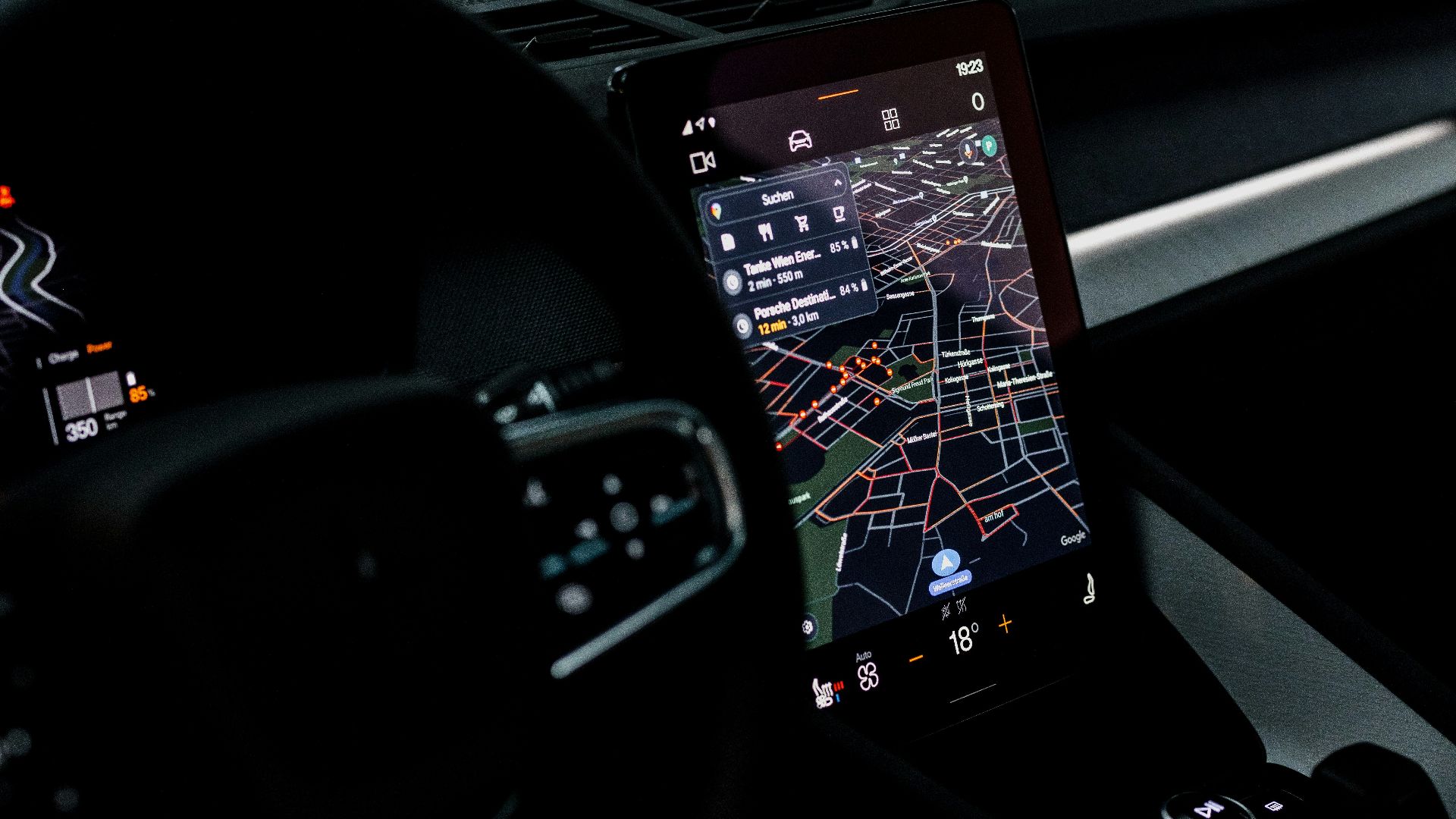 Patrick Langwallner on Unsplash
Patrick Langwallner on Unsplash
14. Test Drive
Sadly, expectations don't always match reality, so before you invest so much money in your supposed dream car, make sure it actually is your "dream car". You need to physically sit inside and get a taste of how it actually drives to understand if it meets your expectations.
15. Cargo Space
A car's appearance and technology aren't the only factors you should be looking at. Another practical aspect to review is cargo space; does the car fit all of your needs? If you have a large family or plan on taking it on many road trips, you're definitely going to need a car that can carry heavy loads and has ample storage.
16. Available Warranty
Warranties help give you a peace of mind when spending such a large amount of money, so do your research to find out what's being offered before you buy. After all, you're going to want to protect your investment when so many outside factors can affect what happens to it.
17. Vehicle's Condition
Again, buying a used car is often more affordable but comes with a different set of risks. They should be assessed by a professional, trusted mechanic who can properly determine its condition. Because you never know with cars - it might look great on the outside, but reveal tons of problems the moment you flip its hood.
18. Running Costs
It might be a good idea to get an actual idea of running costs you'll have to pay if you buy your dream car. Add an approximate for fuel, maintenance, insurance, and everything else so you can calculate how your monthly bills will look.
If you're in the red, it's a sign you're not ready yet.
19. Spare Parts Availability
Looking to buy a luxury car? While it'll definitely give you the status and reputation you desire, keep in mind that makes its parts a lot more expensive and harder to get your hands on too. For instance, buying spare parts from Honda or Toyota are significantly less expensive than brands like Audi or BMW.
20. Your Lifestyle
Does your dream car actually fit your needs? You should be reflecting on your lifestyle and whether or not that matches the car you're looking to buy. For example, everyone wants to own an expensive sports car, but is that going to be the best pick if you have a family of four?




